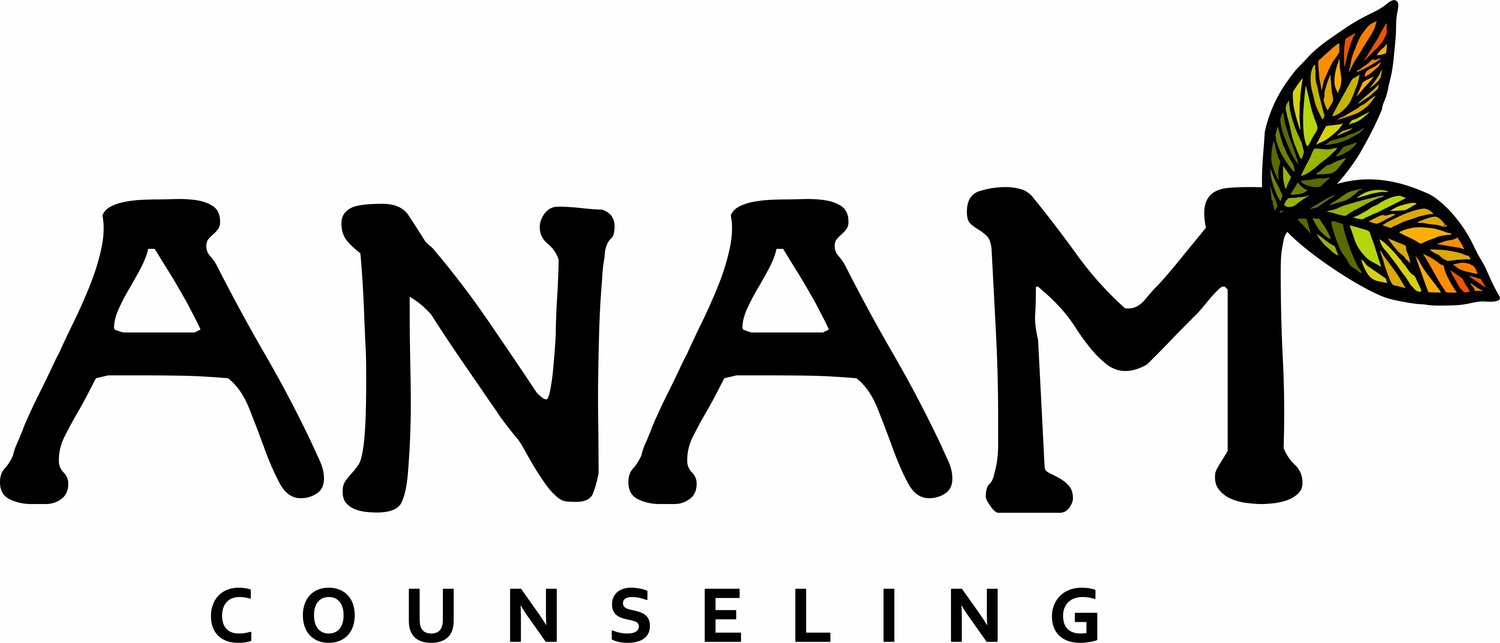This is part 2 in a 2-part series about risks for developing a Perinatal Mood and Anxiety Disorder. Start with Part 1 to see how many risk factors you or a loved one might have.
Once you’ve identified that you might be at risk for developing a Perinatal Mood and Anxiety disorder such as postpartum depression, anxiety, OCD, or bipolar, it can feel scary to think about what’s next. The good news is that there are effective treatments that exist. We also know that there is great benefit in knowing risk factors ahead of time because the initial effort can be focused on prevention and support. And prevention/early intervention has been shown to reduce severity and duration of PMADs. Knowledge is power!
One of the most beneficial strategies is getting connected with a therapist who is trained and experienced in working with PMADs (more info in a future post about why it’s so important to see a clinician whose focus is PMADs if possible.). In my practice, what this typically looks like is anywhere from a handful of sessions prior to birth to regular weekly sessions leading up to the birthing time. We do educational/informational work, resource-planning, postpartum planning, partner work, as well as regular therapeutic processing work.
Often, if someone has a number of risk factors it can be good to set up a consultation with a psychiatrist (an MD who can prescribe medication if needed), or a psychiatric nurse practitioner to find out about medication options should the need arise. Not everyone who has a PMAD needs medication but often folks find it helpful to know what their options are ahead of time.
Another important preventative factor is to learn about social support in your community. Here in the Minneapolis - St. Paul area where I practice, we are lucky to have lots of opportunities for new parent support. This can include things like La Leche League meetings, new mom support groups, new mom classes, babywearing meetings, breastfeeding support groups, mom + baby yoga classes, and more. Talking to your midwife or doula or OB, or seeing if your local hospital or prenatal yoga studio or community center has any groups or classes can be a great way to make connections. Social support has been shown to be a vitally important healing factor in the perinatal period.
Making a postpartum plan is helpful in early intervention/prevention work as well. Sit down at your computer with your parter and make a postpartum plan the same way you’d think about making a birth plan. What are the things I need to be successful in this time? Who are people I can call on for support? What are the resources I could use in this time? What are the things that I don’t want to be part of my postpartum time? What do I want my postpartum time to look, feel, be like?
Remember, if you know your risk factors ahead of time, you’re ahead of the curve! Being proactive to set up some supports in your life will go a long way toward making sure you have the best postpartum time you can have.

